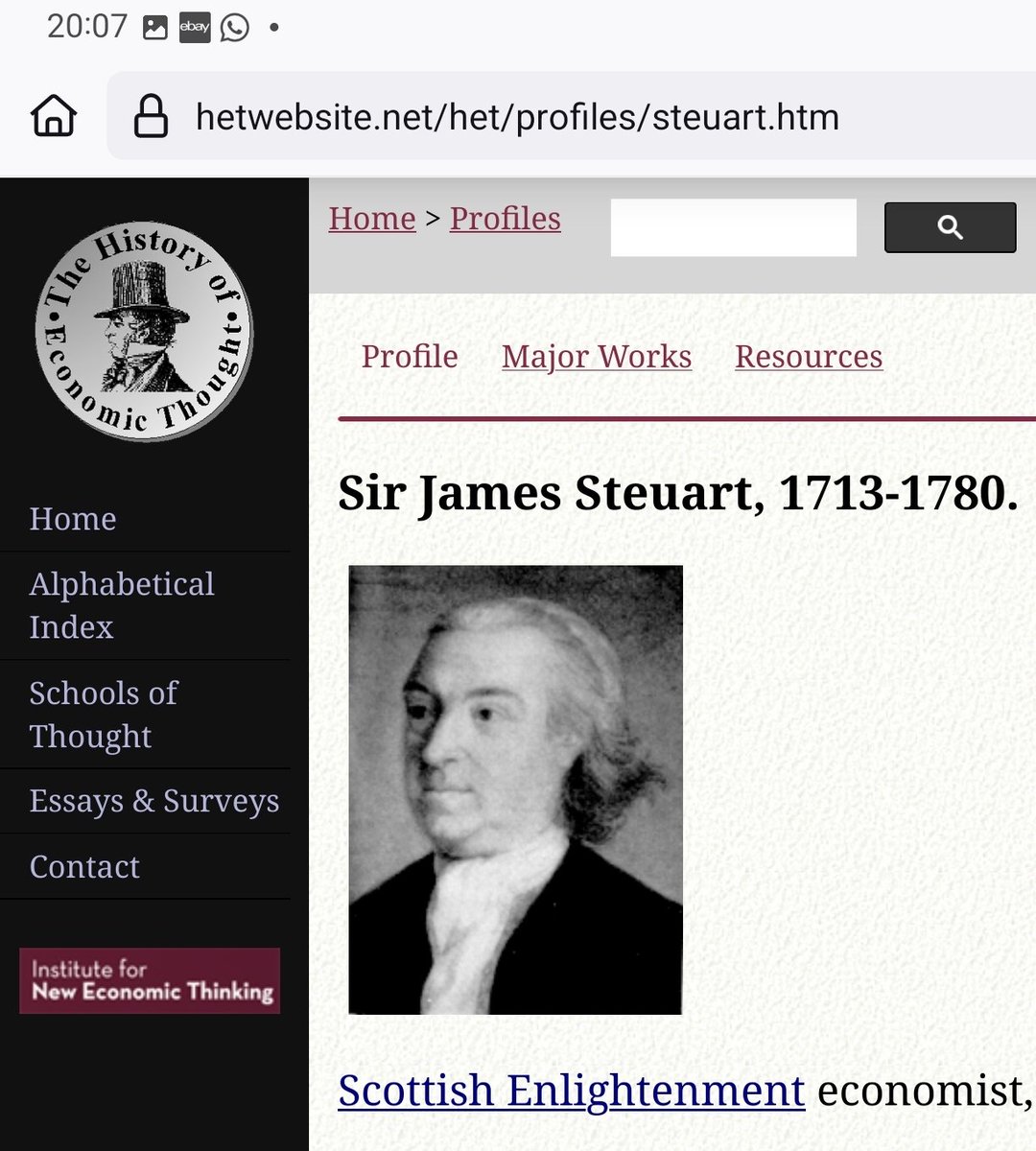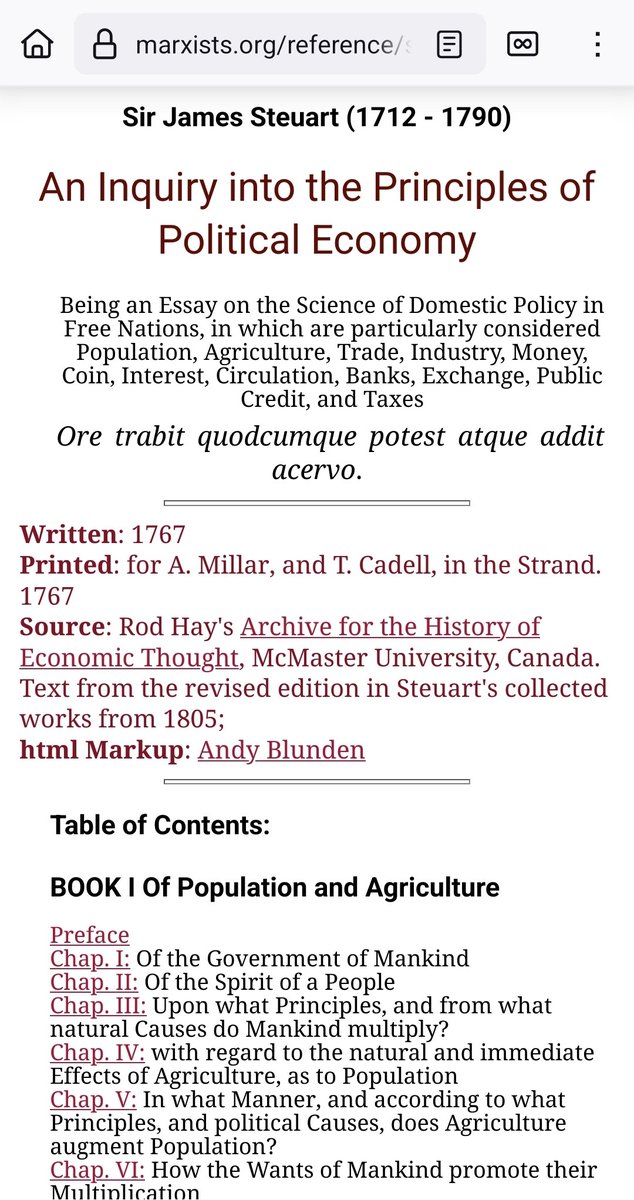
The UK is a colonial fiction #FreePalestine
Search #ScottishHistory or #DecoloniseScotland for key 🧵s
How to get URL link on X (Twitter) App

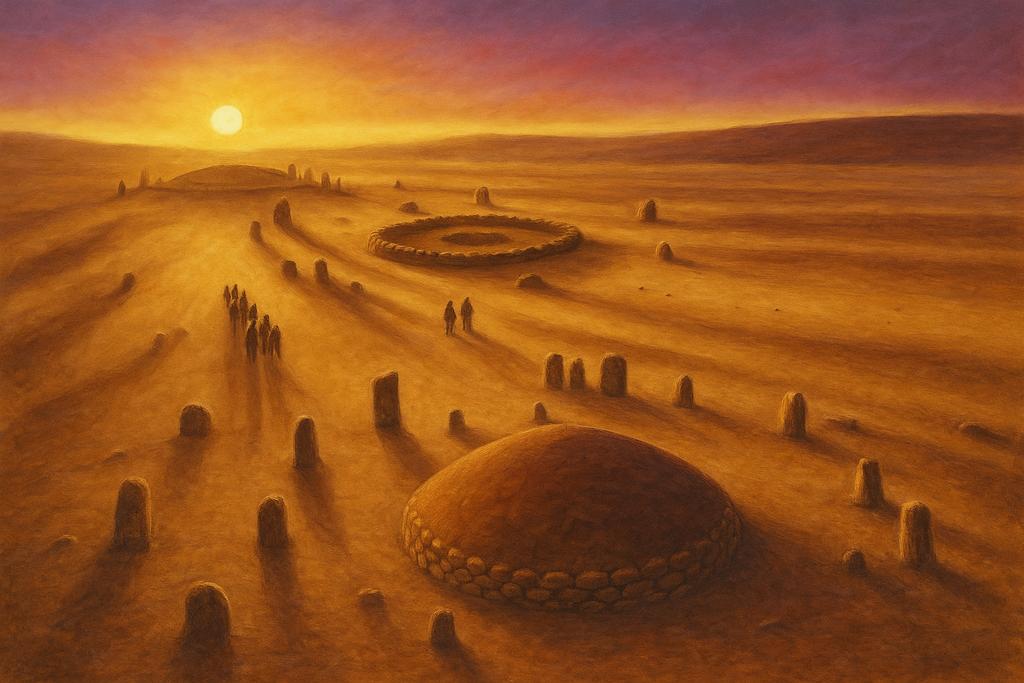
 Part I continued:
Part I continued:https://x.com/SymbolStones/status/19958420419226830054. "Arguably no battle out of living memory is remembered so powerfully and so falsely."
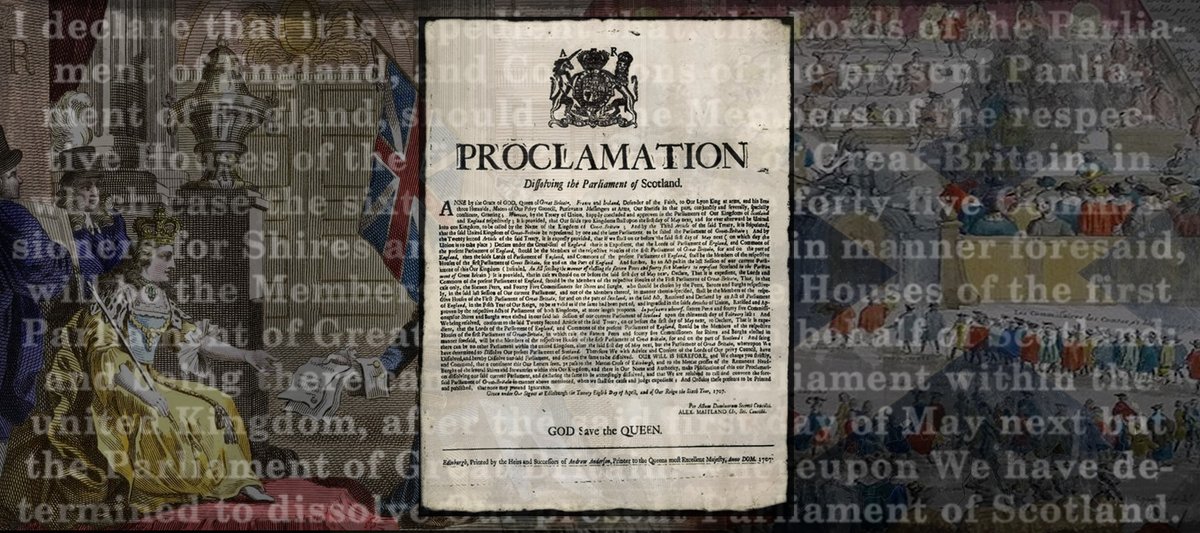
 For 300 years we’ve been taught the Union begins with the Act and ends with the UK.
For 300 years we’ve been taught the Union begins with the Act and ends with the UK.https://twitter.com/DrChrisParry/status/1978537069048668519The contempt for the colonised was always there,

 After Dunbar (1650), Cromwell’s New Model Army crushed Scotland,
After Dunbar (1650), Cromwell’s New Model Army crushed Scotland,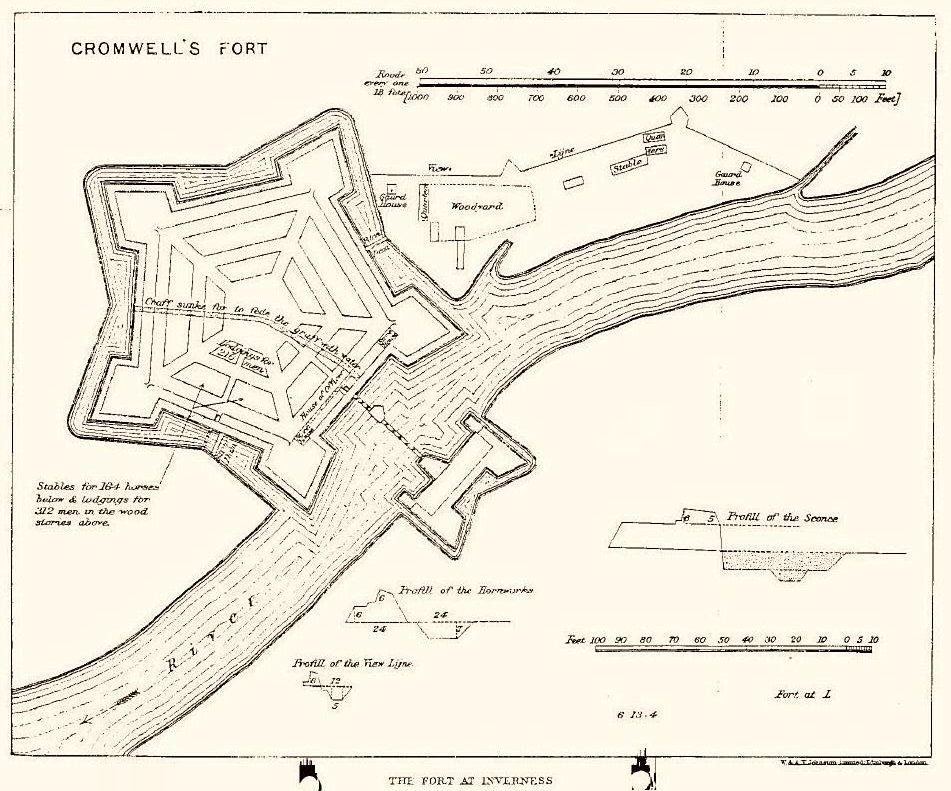
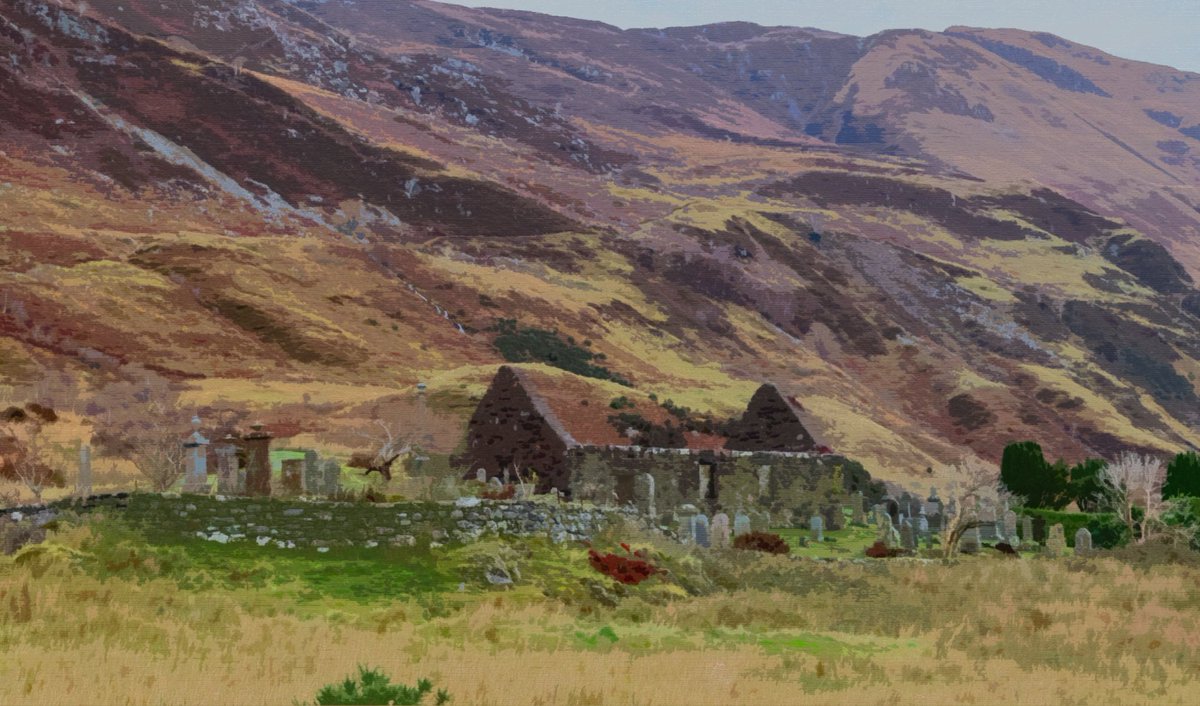
 After Culloden (1746), Scotland was not “pacified.”
After Culloden (1746), Scotland was not “pacified.”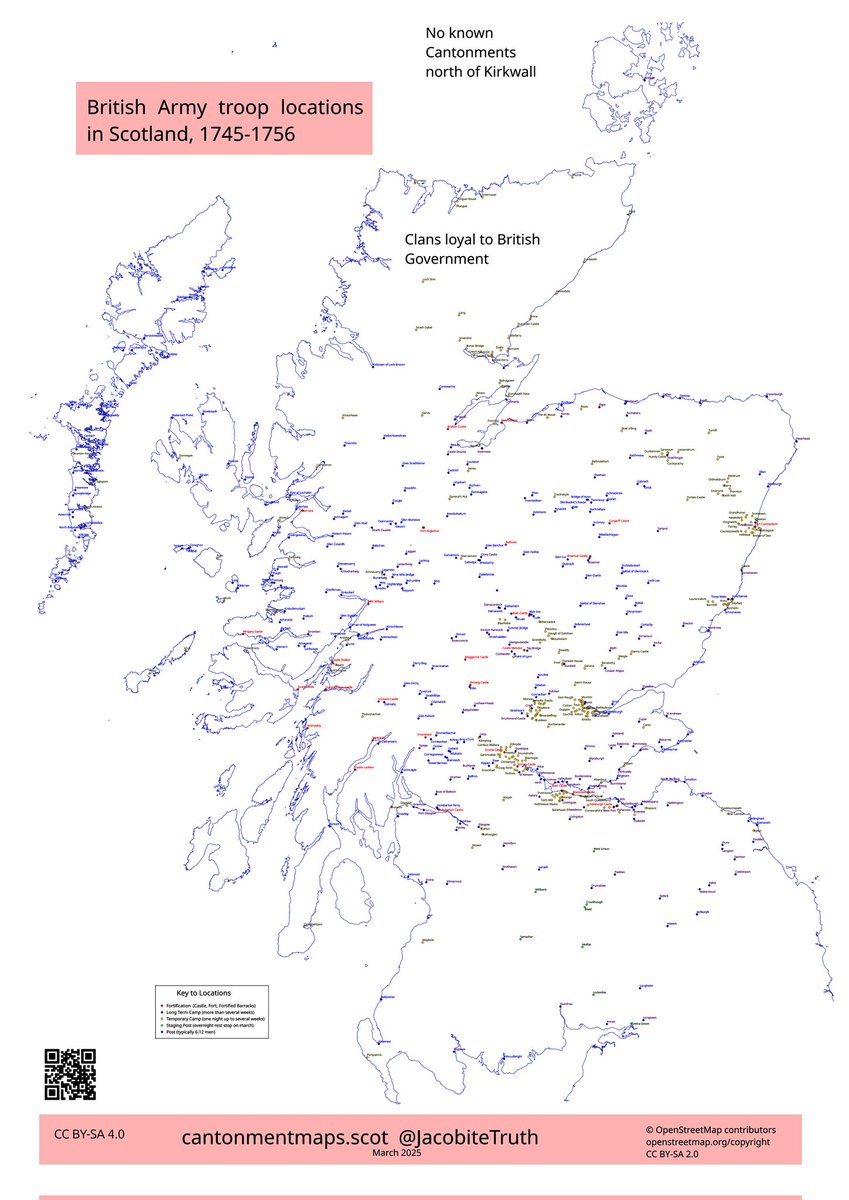
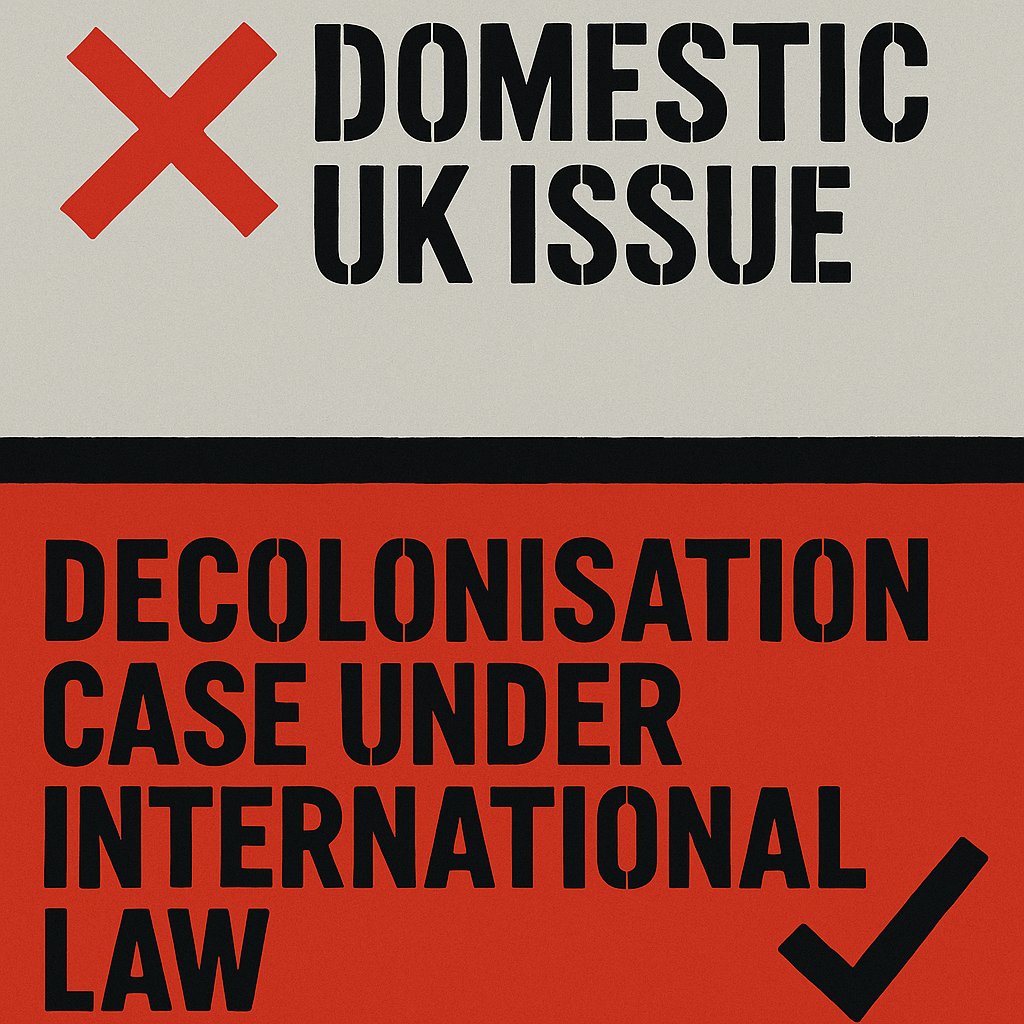


 1. The Union Was Voluntary
1. The Union Was Voluntary
 Here’s how clearance worked & why the British State was at their heart.
Here’s how clearance worked & why the British State was at their heart.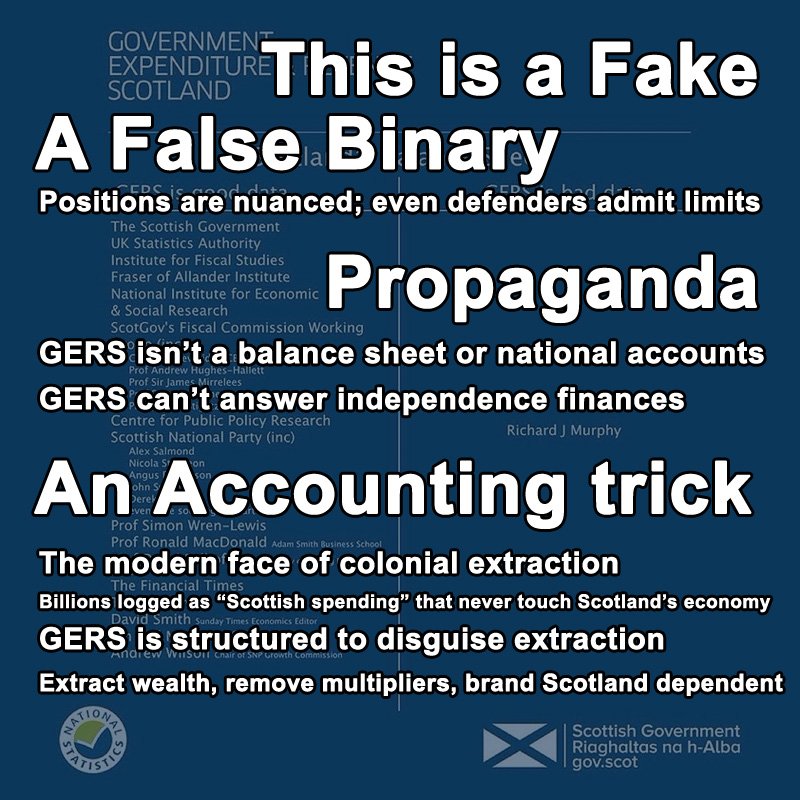
 GERS is an estimate, not Scotland’s own accounts.
GERS is an estimate, not Scotland’s own accounts.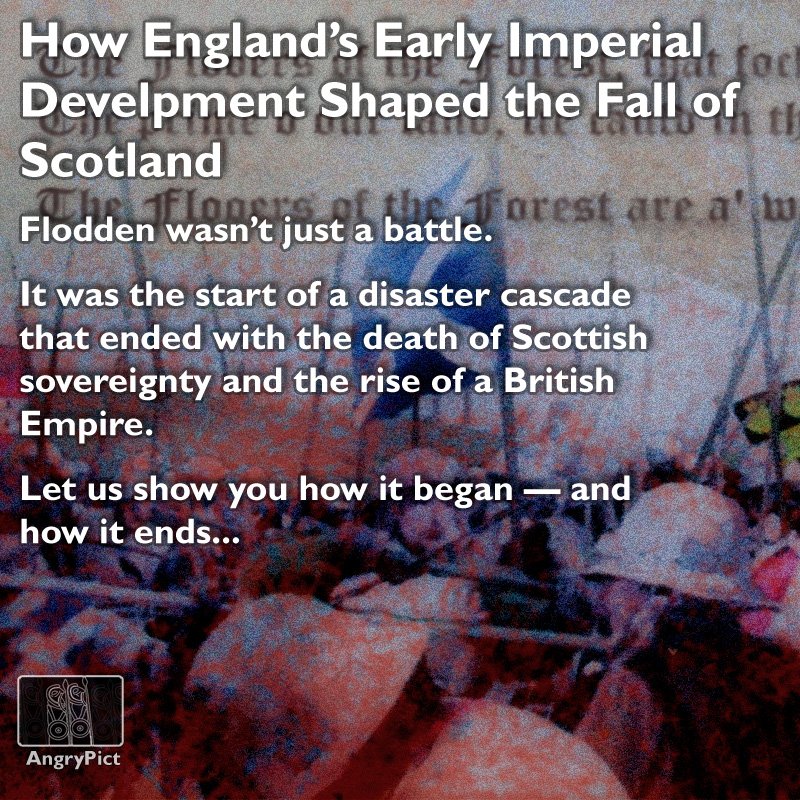
 The Treaty of Perpetual Peace (1502) was England’s dynastic trap.
The Treaty of Perpetual Peace (1502) was England’s dynastic trap.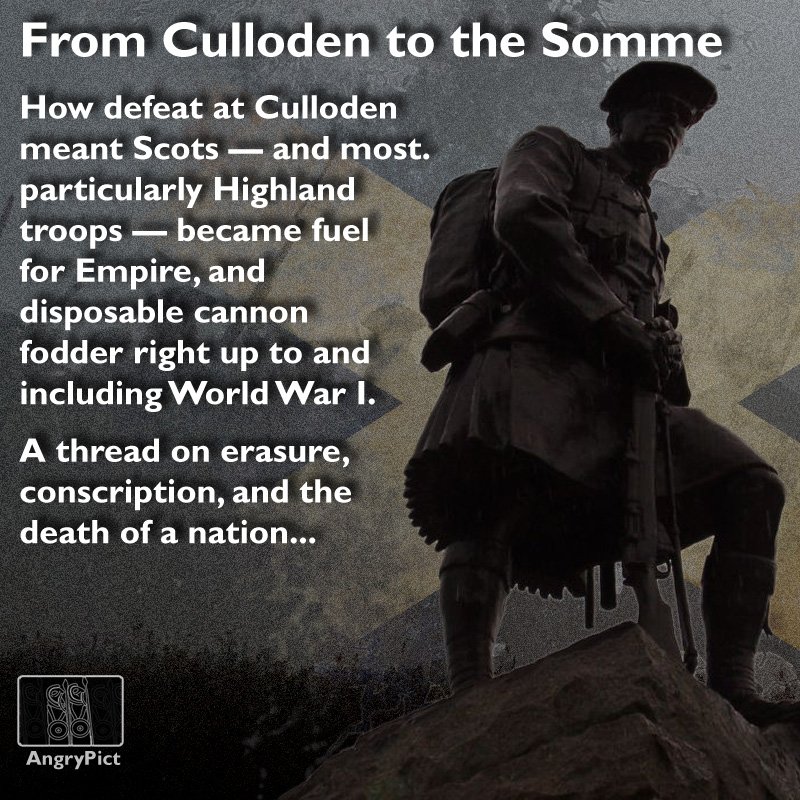
 After Culloden in 1746, Scotland didn’t just lose a battle.
After Culloden in 1746, Scotland didn’t just lose a battle.
 “On their way into Inverness, Kingston’s—reinforced by the picquet of Cobham’s on the British right—killed everyone in their path, irrespective of age, gender or arms...” Pittock.
“On their way into Inverness, Kingston’s—reinforced by the picquet of Cobham’s on the British right—killed everyone in their path, irrespective of age, gender or arms...” Pittock.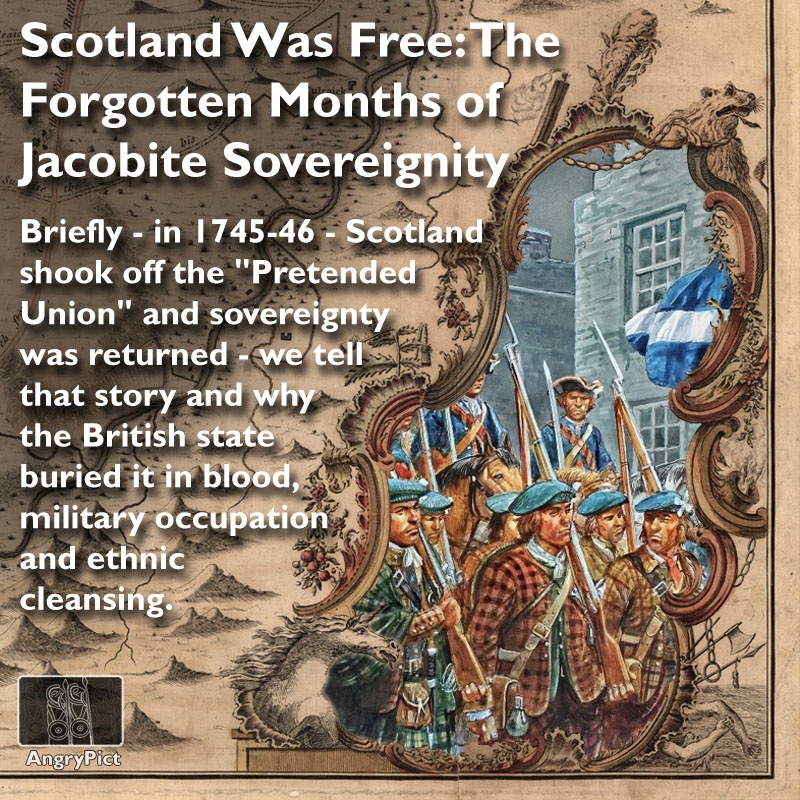
 You’ve been told the Jacobite Rising of 1745 was a doomed Highland rising that ended in disaster at Culloden.
You’ve been told the Jacobite Rising of 1745 was a doomed Highland rising that ended in disaster at Culloden.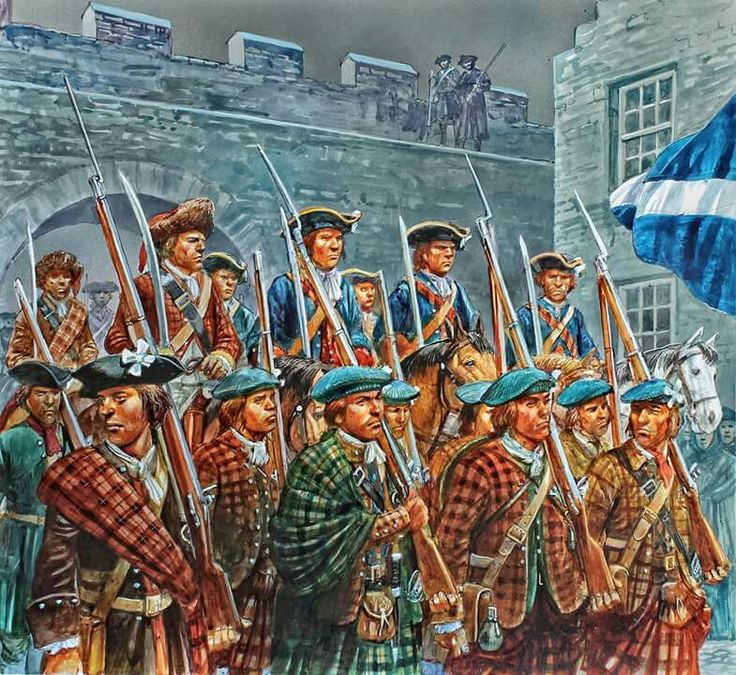
 Charles Edward Stuart issued two proclamations from Holyroodhouse.
Charles Edward Stuart issued two proclamations from Holyroodhouse. 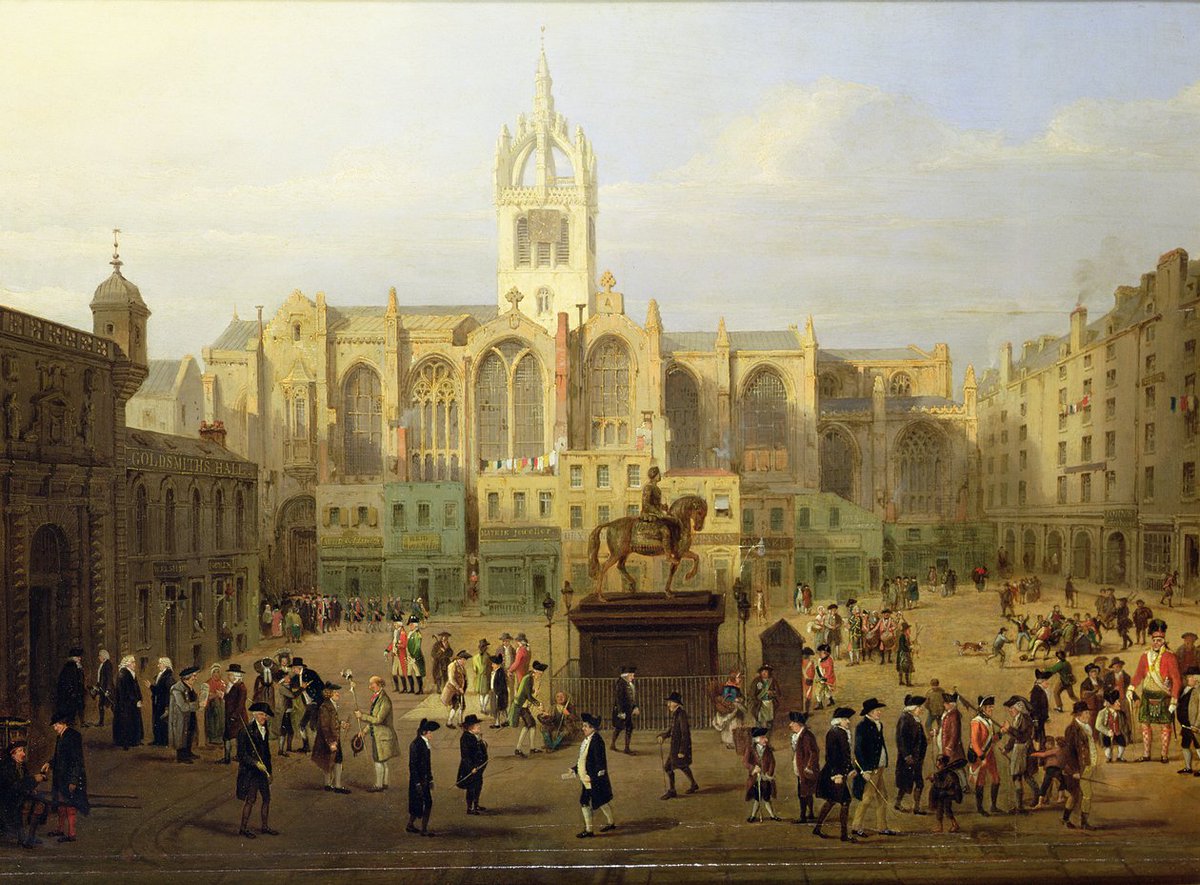
 The official version celebrates Hume, Smith, Robertson, Reid.
The official version celebrates Hume, Smith, Robertson, Reid.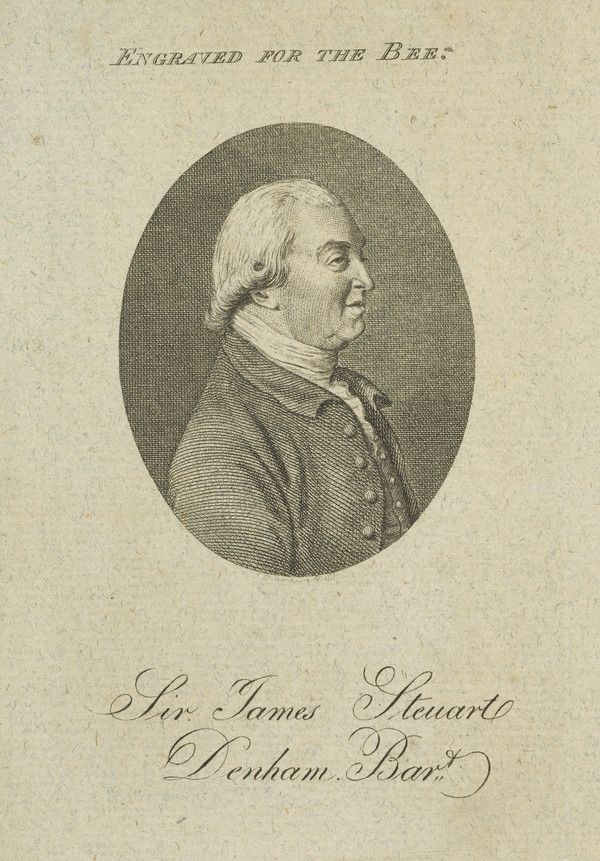
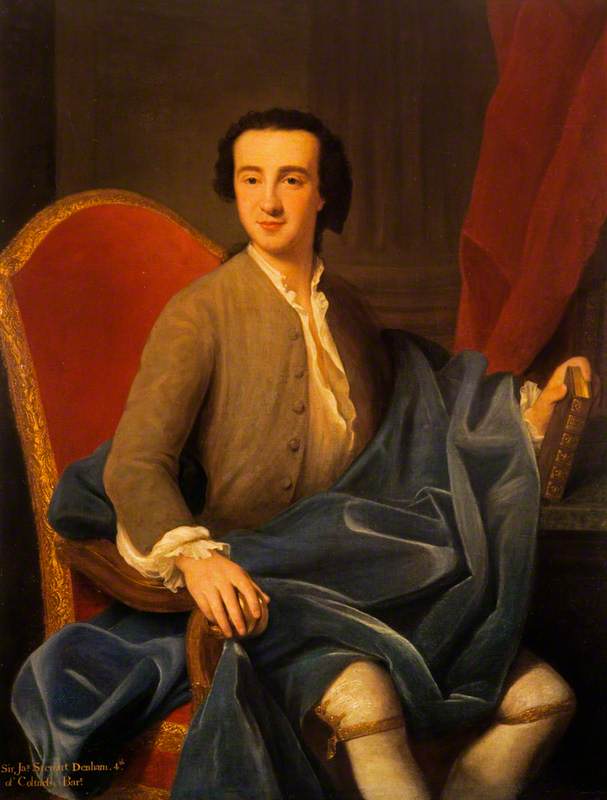

 Sir James Steuart Denham - Jacobite exile, political economist, and key influence on Marx.
Sir James Steuart Denham - Jacobite exile, political economist, and key influence on Marx.